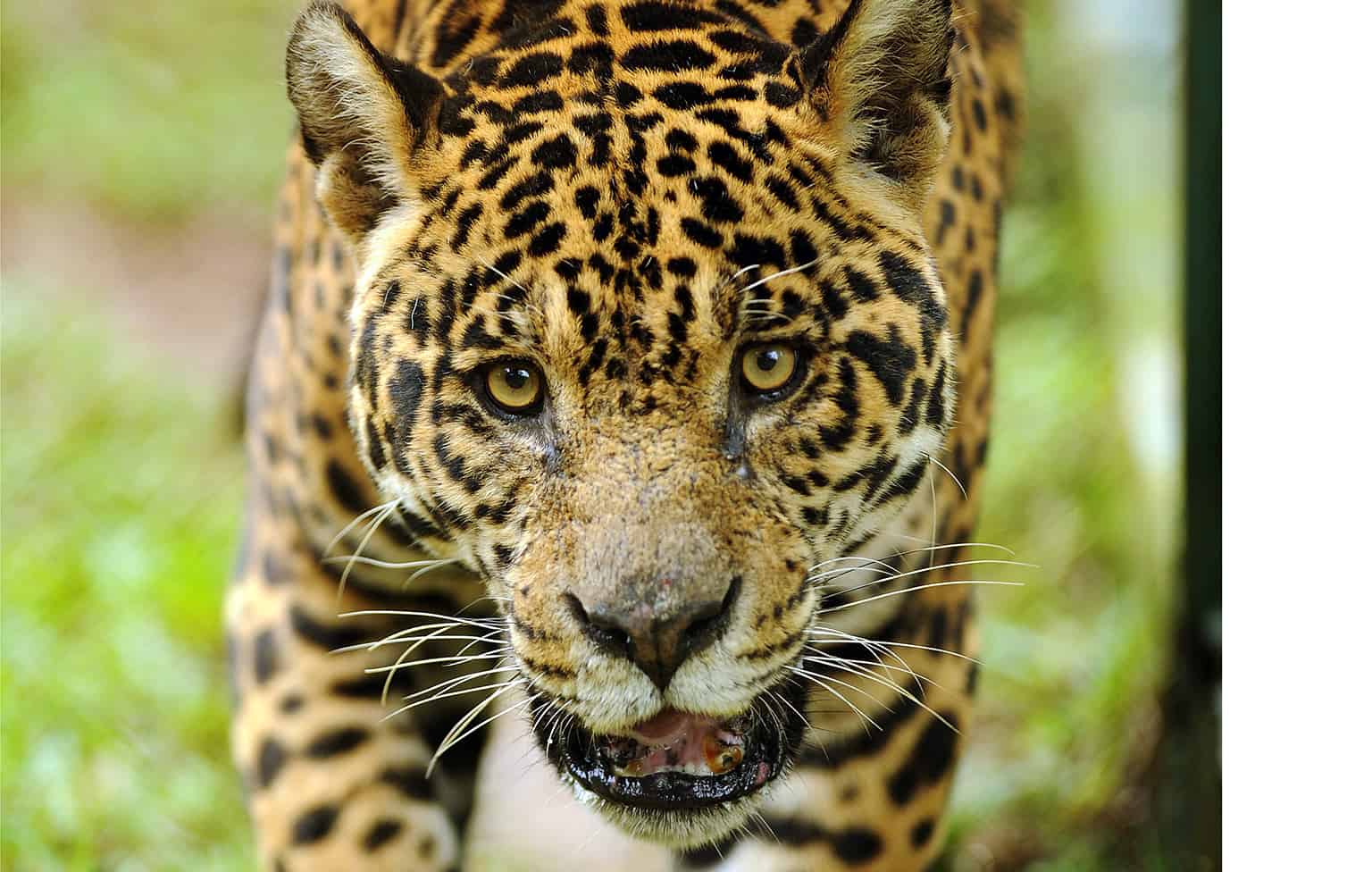National Geographic underscored Costa Rica’s tourism strategy, which involves local community participation in managing environmental and ecological tourism. The publication emphasized the importance of wildlife rescue centers, such as the Jaguar Rescue Center in Punta Chiquita, near Puerto Viejo de Talamanca. Opened in 2008, it is run by Encar Garcia, a biologist from Barcelona, and Sandro, an Italian herpetologist.
“It was our dream since we met in Costa Rica to open a rescue center. Now that Sandro is no longer here, I continue with our dream,” Garcia stated. In Cabuya on the Nicoya Peninsula, Jeremy Adam Levin founded the Wild Sun Rescue Center. “I decided to leave my comforts on Long Island to dedicate my life to animal protection,” he explained.
The center is primarily self-funded through tourism. “Many visitors want to see all kinds of animals, and thanks to centers like ours, they can observe species that are usually not easy to see up close and hear their stories,” he told Nat Geo.
Costa Rica is home to about 5% of the world’s biodiversity. However, its rich ecosystems are threatened by human activity. The publication noted that many non-profit associations work to protect the environment, and “travelers come to Costa Rica to collaborate with different associations, helping and gaining knowledge about environmental protection.”
Volunteers from around the world visit Costa Rica to learn and contribute to environmental conservation. For instance, Ostional attracts many visitors eager to learn about conservation efforts and assist during the turtle hatching season.
The country relies on its natural wonders to attract tourists, making their protection essential. The Costa Rica Tourism Institute (ICT), the National System of Conservation Areas (SINAC), and the Ministry of Environment and Energy (MINAE) must collaborate with NGOs to ensure that National Parks and Conservation Areas are well maintained.
Costa Rica faces challenges from mass tourism, illegal activities, and excessive development. However, the industry recognizes the need to maintain a balance.
Nat Geo emphasized that Costa Rica is “constantly working to protect the environment and make life easier for tourists, making it one of the most popular destinations in the region.”






